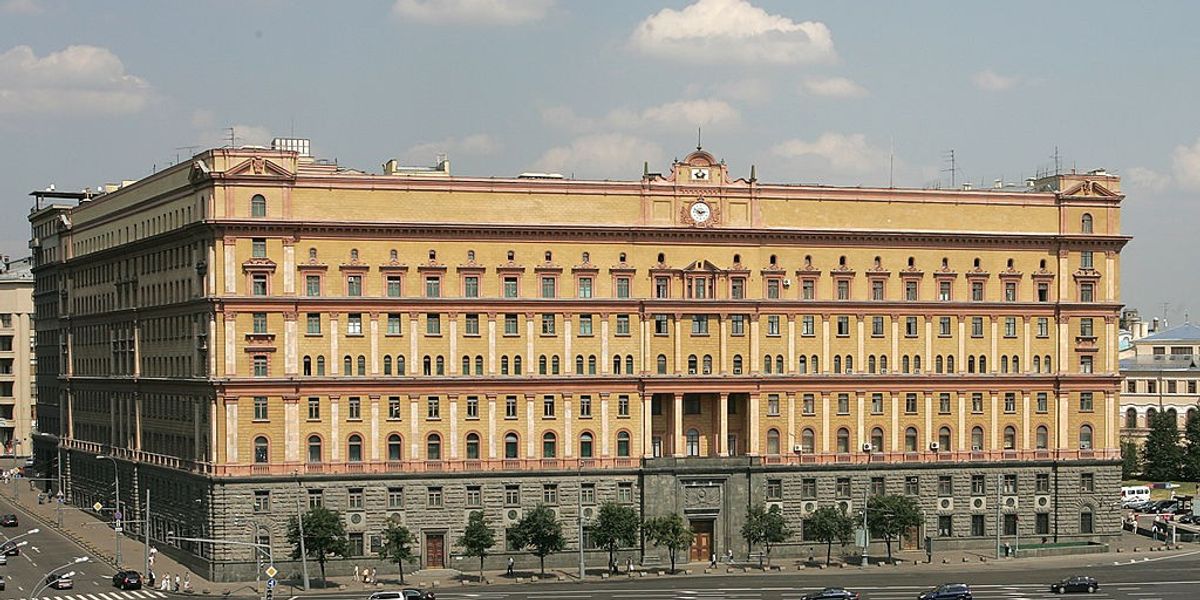
"The SVR (the Foreign Intelligence Service), the GRU (the Main Intelligence Directorate - military intelligence), and the FSB (the Federal Security Service), serve first and foremost as Putin's Praetorian Guard. Their primary responsibility is securing his regime and hold on power. Moreover, Putin rose up through the RIS ranks in the KGB, and later held the post of FSB Director. His feelings toward the RIS are hardly objective. The reputations of Putin and the services are inextricably linked. Anything that significantly tarnishes the highly cultivated myth of RIS omnipotence inevitably damages his own hold on power."
"If Putin and the "siloviki" (strongmen) who make up his inner circle try to call the RIS to account for their performance when the fighting stops, the one thing all three services will argue is that the war was an absolute success. Each will extoll their roles with little regard for the number of Russian lives and military assets squandered. Going back to Tsarist and Soviet times, casualties and human suffering were never a mark for a war's success or failure in Russia."
Putin is likely to give the RIS a pass after the conflict because the SVR, GRU, and FSB function primarily as his Praetorian Guard responsible for regime security. Putin's career through the KGB and FSB ties his reputation to those services, making public criticism politically dangerous. The RIS will frame the campaign as an unequivocal success by emphasizing territorial gains and the prevention of Ukraine joining NATO while minimizing casualties and material losses. The services will dismiss NATO's strengthening, including Finland and Sweden joining, and portray the alliance as weakened from their perspective.
Read at The Cipher Brief
Unable to calculate read time
Collection
[
|
...
]